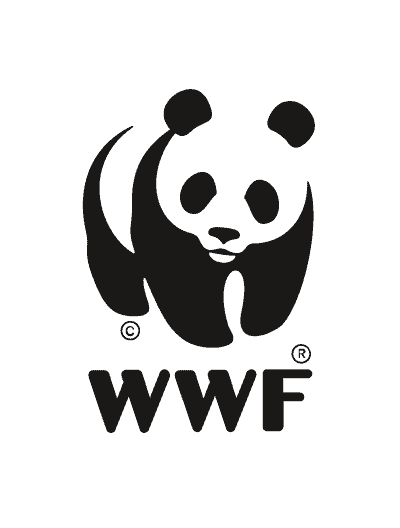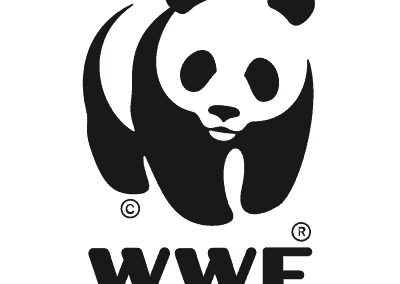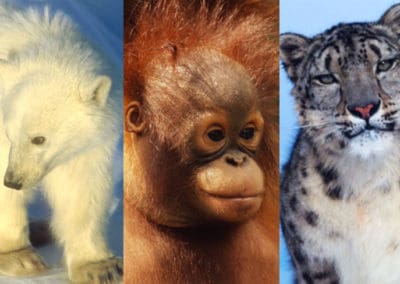Policy statement
WWF Austria fundamentally disapproves of all forms of discrimination, bullying and harassment at the workplace and demands respectful and dignified cooperation from its employees and contract partners.
Any kind of discrimination, bullying and harassment is unacceptable and will not be tolerated to any extent. WWF Austria has the moral and legal responsibility to ensure that its employees, volunteers, interns and civil servants are guaranteed a workplace free of discrimination, bullying and harassment.
In addition, WWF Austria invites its contractual partners to establish appropriate guidelines for their business operations and considers behaviour that is free of discrimination, bullying and harassment – both among themselves and towards third parties – as an absolute precondition for collaboration.
Definitions
Discrimination is the unfavourable treatment of a single person or group of people based on certain characteristics compared to the treatment of other people or groups of people without these characteristics. These include, but are not limited to, discrimination based on age, family status, parenthood, pregnancy, breastfeeding, intellectual, physical or psychological disability, gender, gender identity, sexual orientation, physical characteristics (e.g. height or weight), medical condition, ethnic origin, social origin, skin colour, nationality, religion or political conviction.
Bullying is inappropriate behaviour characterised by the use of threats, coercion or domination to discredit or destabilise others. Workplace bullying can take extreme forms, such as violence and intimidation, or less obvious forms, such as targeted exclusion of or intentionally ignoring colleagues. Usually bullying is not characterised by isolated incidents, but by repeated and persistent behaviour that is perceived as offensive, intimidating, malicious or offensive.
Harassment describes behaviour that is perceived by the addressed person as unwanted, unrequited and (in most cases) recurrent. This includes humiliation, intimidation, mockery and other offensive behaviour that interferes with one’s personal rights.
Sexual harassment describes any unwanted physical, visual, verbal or non-verbal conduct of a sexual nature, including communication of a sexual nature, whether or not the persons involved are of the same sex. Harassment may follow a recurring pattern or be an isolated incident and may be targeted at one person or group of people.
Conclusion
WWF Austria is committed to taking every incident of discrimination, bullying and harassment brought to its attention seriously, to always act in accordance with its internal guidelines, to take appropriate actions to remedy the situation and, if necessary, to take adequate steps under labour law. Proven cases of discrimination, bullying or harassment are a significant reason for (early) termination of the contract.








